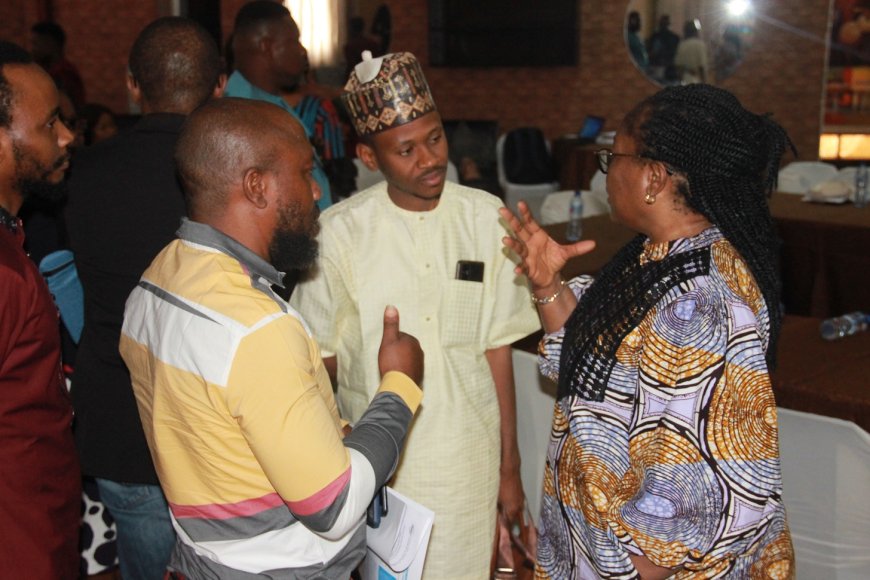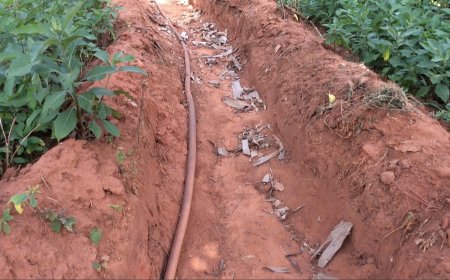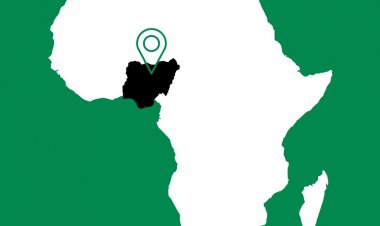Background and Objectives
Climate change adaptation in Nigeria is increasingly becoming a serious national issue due to the rise in climate-induced hazards and disasters. To this end, the Federal Government of Nigeria has developed several important frameworks, policies, and strategies aimed at mainstreaming adaptation to reduce inequality and poverty and improve the livelihoods and sustainability of frontline communities. As such, the government is keen to engage with diverse stakeholders to understand the drivers, gaps, barriers, and opportunities of adaptation initiatives in Nigeria and their alignment with Nigeria’s Nationally Determined Contributions (NDCs) and other international policies and frameworks.
This stakeholder engagement meeting was organized by the Africa Policy Research Institute (APRI) and the Centre for Climate Change & Development, Alex Ekwueme Federal University Ndufu-Alike Nigeria (CCCD- AEFUNAI), in close collaboration with and the support of the Department of Climate Change (DCC), Federal Ministry of Environment Nigeria.
The meeting was held in the context of the Climate Change Adaptation in Nigeria: Strategies, Initiatives, and Practices Project, which aims to understand the status, challenges, and opportunities of climate change adaptation in Nigeria with a particular emphasis on locally-led adaptation.
The event attracted a diverse audience, including representatives from government agencies and ministries, civil society organisations (CSOs), non-governmental organisations (NGOs), academia, youth, and the private sector.




